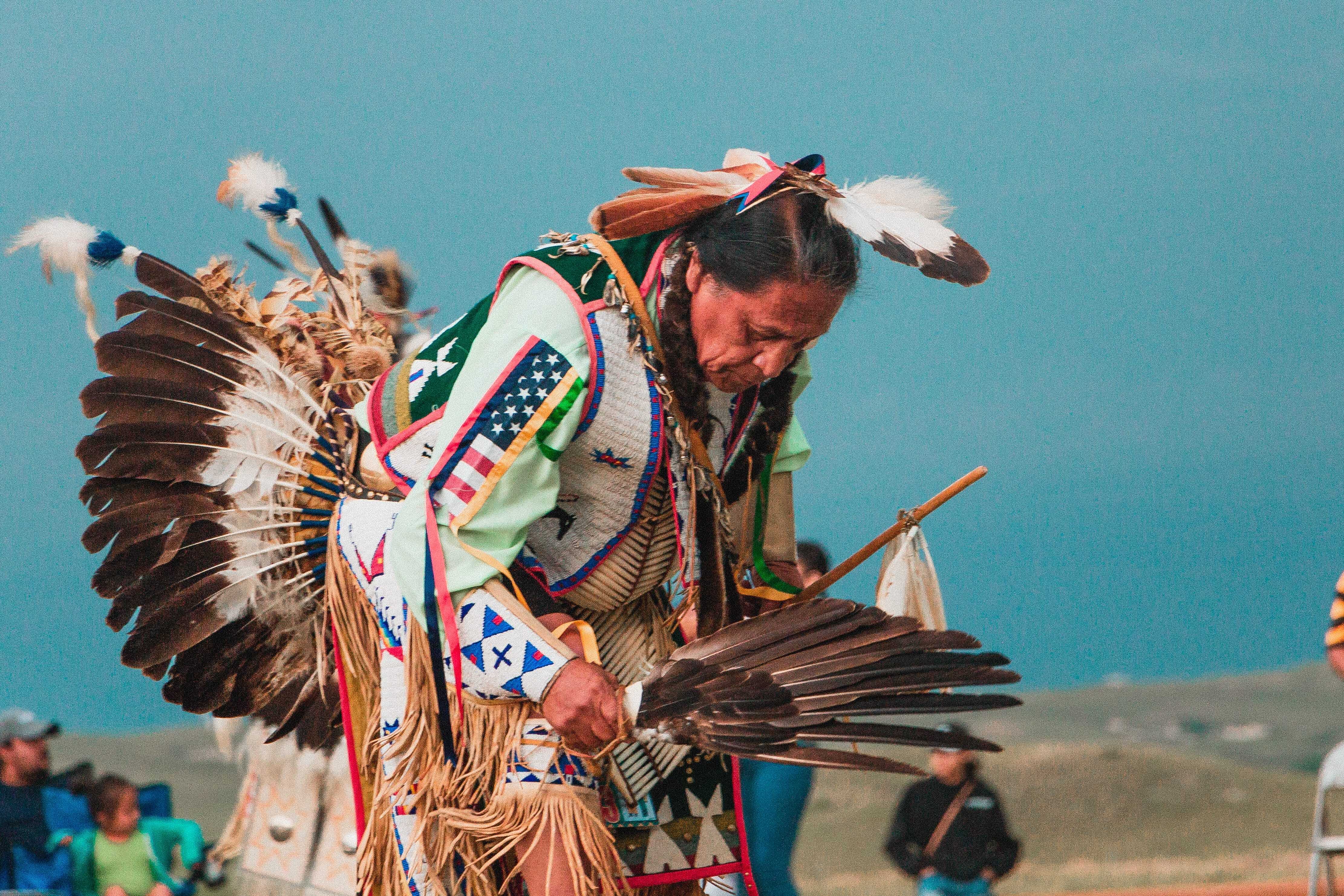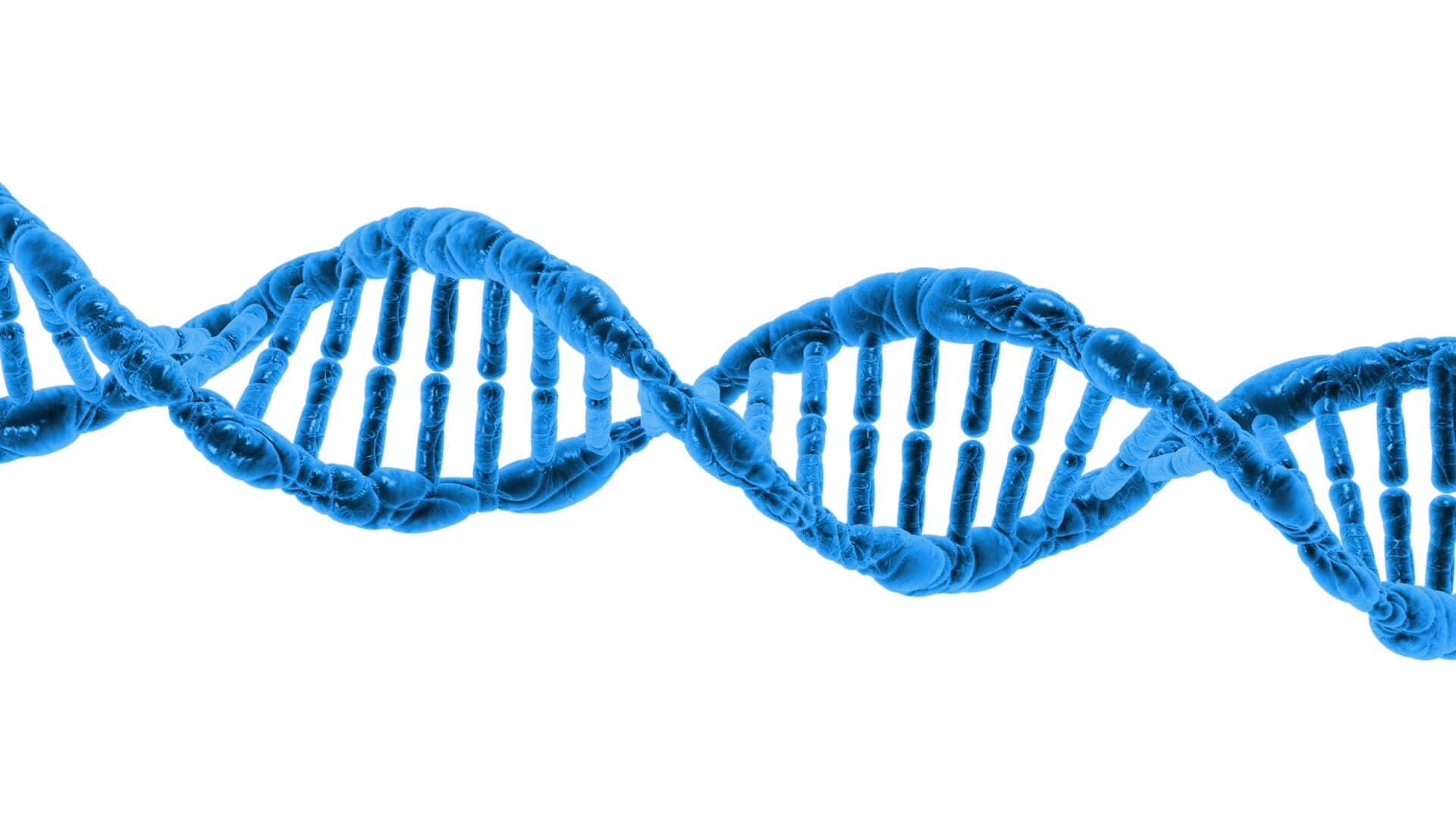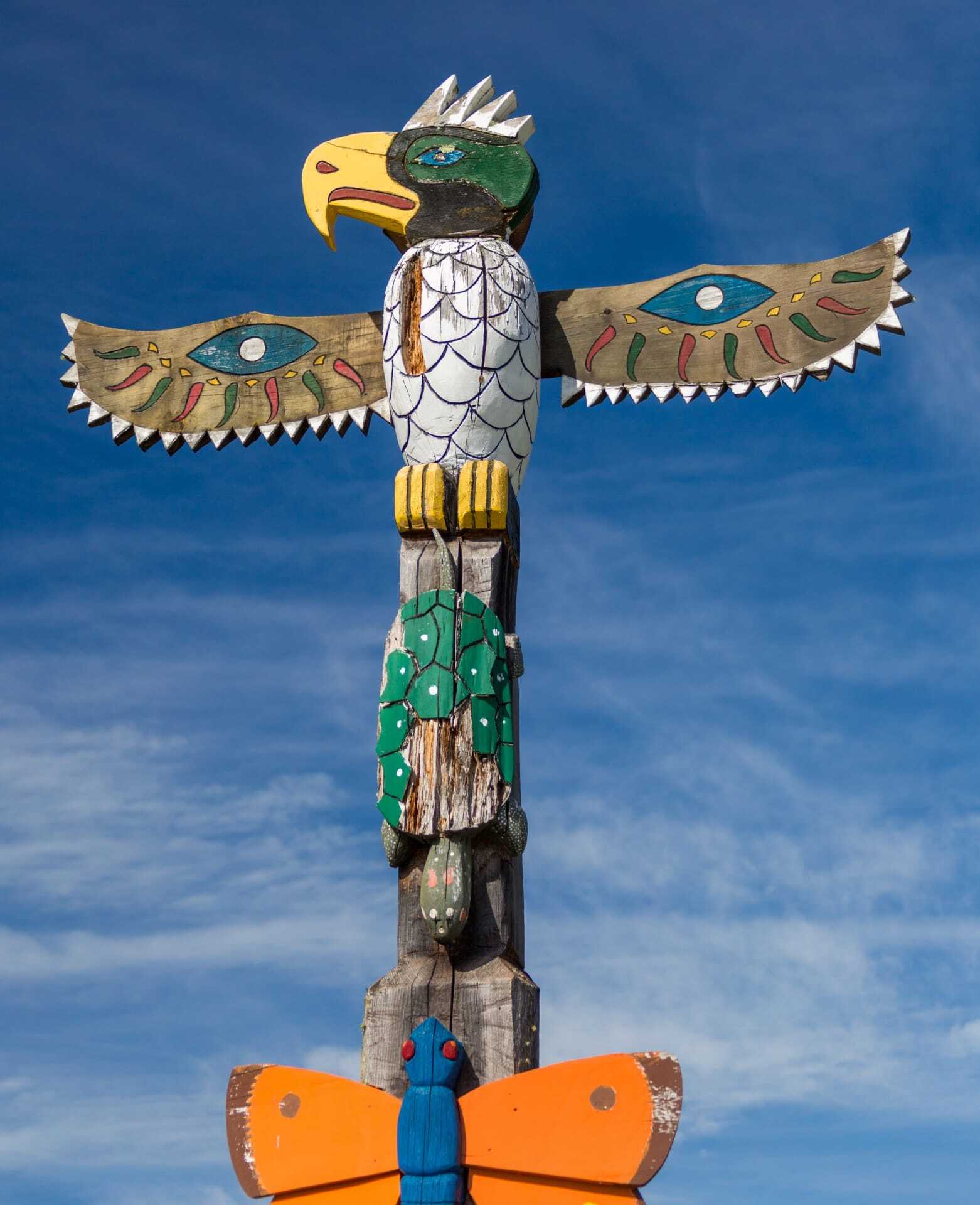Perhaps interesting tales have been passed down through generation upon generation of your family, talking about the adventures of your Navajo and Cherokee ancestors. Maybe one of your grandparents is part-Sioux or Chippewa but doesn’t really know the full story of what happened to that side of the family. Maybe your last name is commonly associated with Choctaw, Apache, or Pueblo population groups, but you’re not aware of any Native American ancestors and you want to know if you have some Native American blood or your surname is just a coincidence.
Whatever reason you’ve found yourself here on this page, we are going to do our utmost to help you find out if you have Native American ancestry and what that might mean for you.

In short, can you find out if you have Native American ancestry?
Yes, and No. It all depends on when in your past you had an ancestor that had native American ancestry and which of the 562 native American population groups they are part of. In addition to validated paper records, the most innovative and modern way is by taking a genetic DNA test. The more recent the Native American ancestor the greater the chances of success. Additionally, there are over 562 native American population groups and whilst DNA tests can identify many of these groups they don’t test for all.
How simple is it to find out about your Native American heritage?
Well, this is where the answer gets a bit more complicated, as you might have expected. The accuracy of our genetic DNA testing kits is phenomenal, but whilst it provides a lot of interesting and useful answers, it doesn’t always provide the level of storytelling that one might be expecting.
The ancestry DNA test will look at various genetic markers to help uncover some interesting information about your:
Recent ancestry - exploring as much as 500 years of ancestry.
Sub-regional ancestry - providing further details on what regions your ancestors lived in. Please note that Living DNA offers the most detailed sub-regional ancestry details in the industry.
Extended ancestry - taking a look back 10,000 years on your ancestors’ global journeys to see how they ended up where they did.
DNA matches - seeing if any other DNA testing customers come up as a biological match with you!
A genetic DNA test will assess and examine each line of your family tree in order to find connections and markers that would indicate a Native American heritage - this is the good news. The bad news, and we’d like to get it out in the open now, is that these tests cannot tell you what population grouping, band, or nation your ancestors were a part of, but they might provide insight into the region of America that your DNA is shown to contain traces of. You can make educated guesses based on the information provided, for example, if your test shows that you have Native American ancestry in the south-west of the United States, and the population group that dominated this region was the Apaches, you can come to your own conclusions.
There’s also the potential that very little DNA has been inherited from one generation to another, meaning that the results might provide a limited answer, as opposed to great swathes of detail. Relying only on a genetic DNA test to find out about your potential Native American heritage would be excluding the various tools, methods, and directories that are available for researching the history of this community.
What genetic markers is the test looking for?
As with any genetic DNA testing service, the test itself is looking for changes in chromosomes, genes, or proteins, which can be used as an indicator of many different things, such as ancestry, location of ancestry, potential genetic disorders, and biological relationship matches.
Our full ancestry kit includes the Y-DNA (if male) and looks back tens of thousands of years at the paternal line. See here for a list of Y-DNA Haplogroups that are associated with Native American people.

Is there a non-scientific approach to finding out if you have Native American ancestry?
A DNA test can act as a very helpful tool when looking into your ancestry, in particular, if you have Native American ancestry, but there exist other ways of looking into your ancestral past too.
For people researching the potential of a Native American past, you can:
- Look at available immigration or census records
- Try different variants of any known ancestor’s names due to the anglicisation of their traditional names, which may have been misspelt
- Look for Native American adoption records
- See if genetic disorders which are commonly associated with Native American people also run in your family
- Any records of the history of migrations
- Explore any spiritual beliefs or family stories that might seem Native American in basis
- Look for any war records
If you’ve hit a dead-end but you still feel convinced that there is some Native American ancestry to be uncovered, you can try and contact local population groupings directly. It’s important to be respectful in these requests, as distant relationships might not be taken seriously or used as grounds for group resettlement.
Where does a Native American person come from?
The ancestors of the remaining Native American communities first came over the newly-frozen land bridge between Siberia and Alaska (Beringia) around 15,000-30,000 years ago. Previously, it had not been passable, and as such, the Americas were one of the last major uninhabited landmasses on the planet. Genetic information suggests that several generations of Asian explorers spread out across the continent and came to form hundreds of unique states, societies, and cultures.
These early Native Americans are often referred to as Paleoamericans, and their settlements covered large parts of what is now known as Canada and the United States, as well as all of the Central American and South American countries. In 1492, their lives would change forever with the arrival of Christopher Colombus. Many massacres sadly occurred, people were removed forcibly from their ancestral lands, and one-sided treaties and policies left them as a discriminated entity.
Today, there are around 5 million Native Americans in the United States, with around 1 million of them living on population grouping reservations.

How to prove Native American Heritage
Having read the information above, you may be thinking that it’s time to take the leap into the mysteries of your past and begin exploring the unknown realms of your ancestry. This exciting journey starts today by heading on over to purchase your Living DNA ancestry kit and having it delivered anywhere in the world. You’ll have to do a quick and easy mouth swab to help untangle your DNA and unravel the story of your ancestors, before sending back your sample and getting your results in your own interactive portal.
